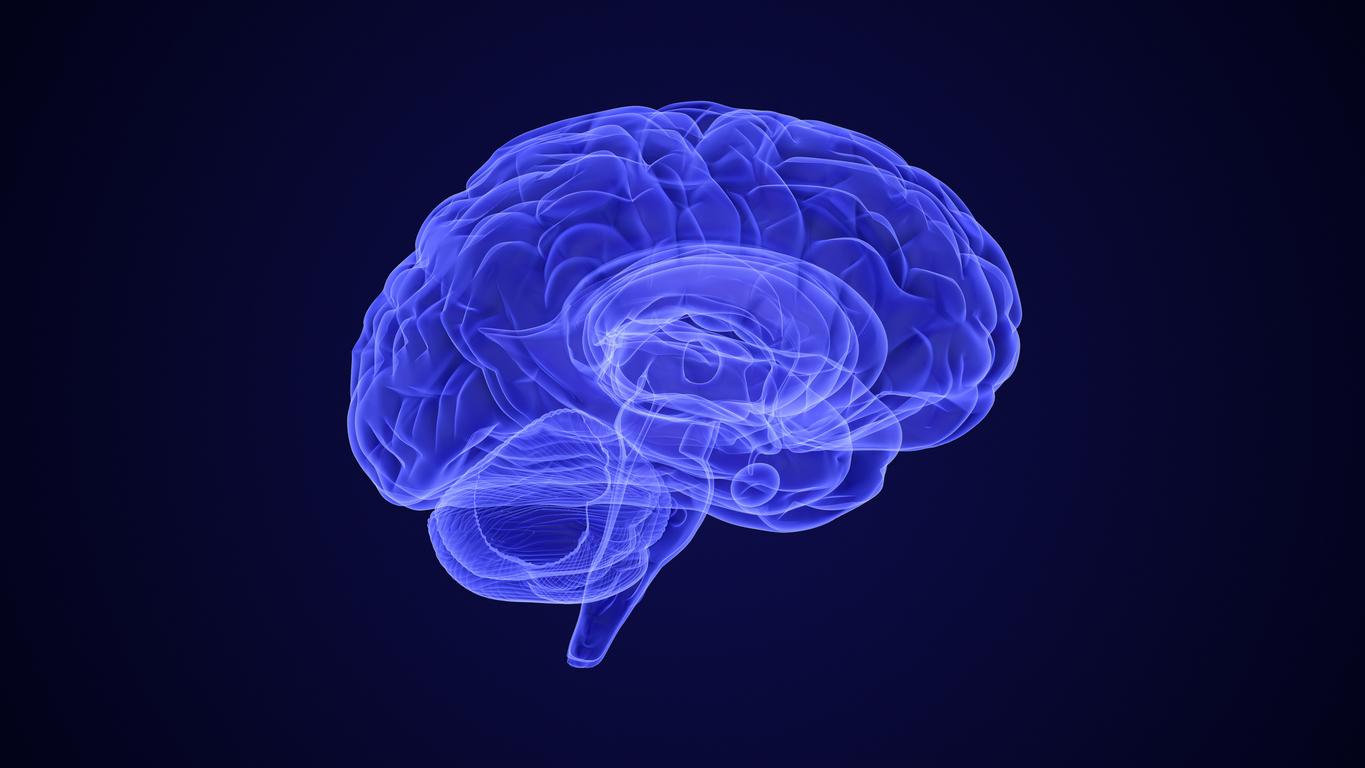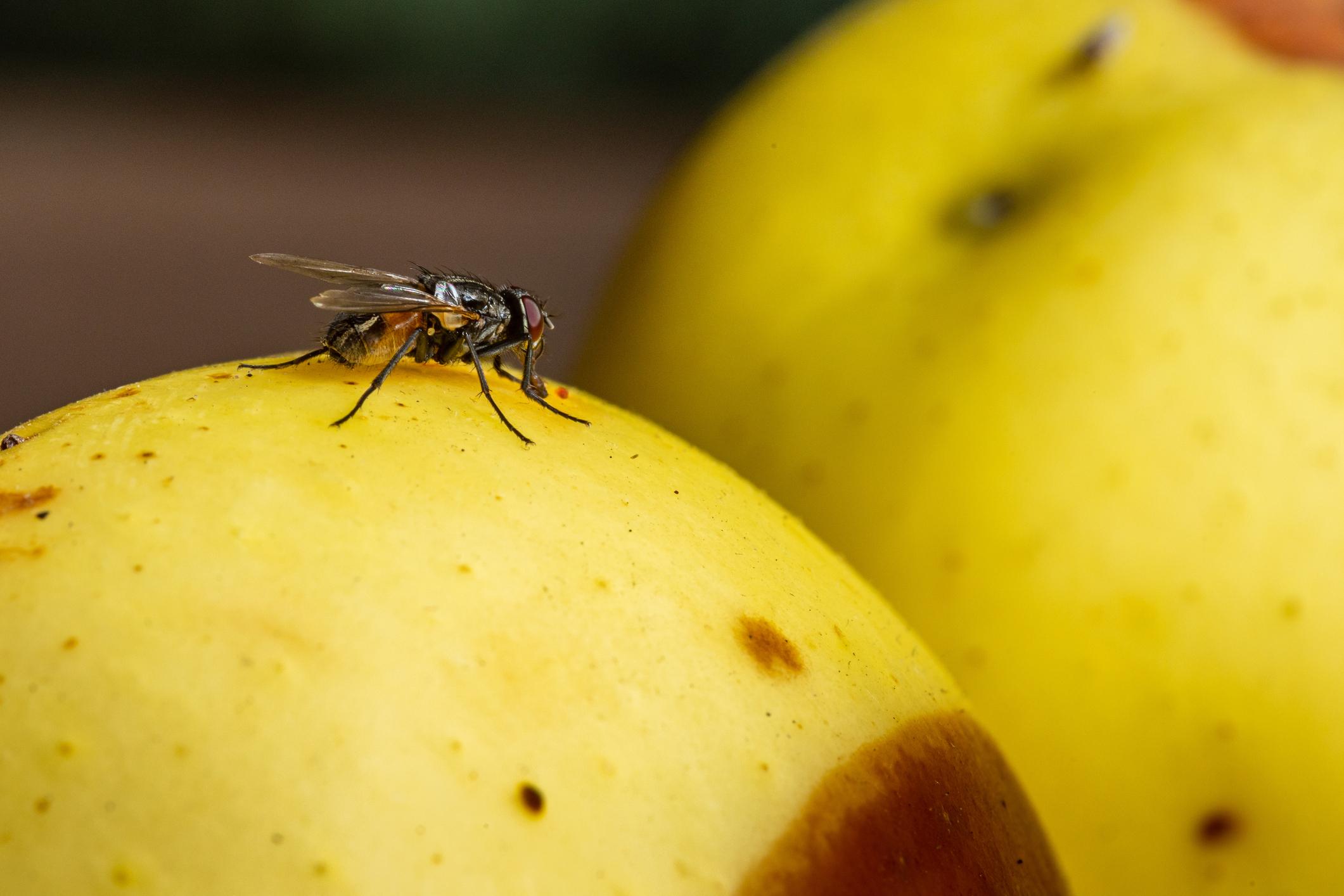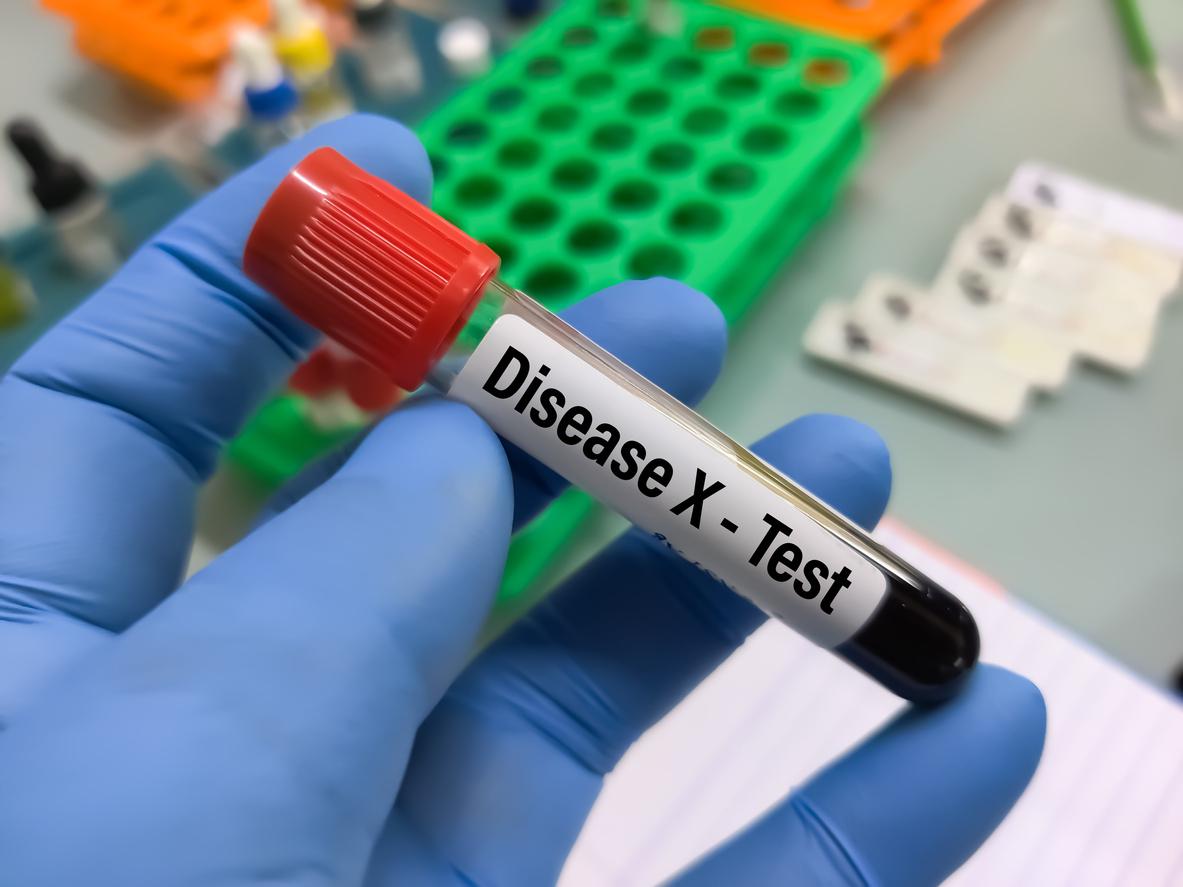Numerous studies have already revealed that neurodegenerative diseases are linked to the digestive system. But recently, an American study relayed in the Science Translational Medicine suggests a new starting point for Parkinson’s disease: the appendix.
Parkinson’s disease affects approximately 200,000 people in France. Each year there are approximately 8,000 new cases in the territory. It is the second neurodegenerative disease after Alzheimer’s with more than one million patients in Europe.
Digestive tract and neurological diseases
The neurological disease consists of a decrease in the production of dopamine, the neurotransmitter necessary to control movement. It is characterized by a progressive loss of mobility, slower and stiffer movements, tremors of the limbs. It occurs on average around the age of 58 in France, and its causes are still poorly understood.
That said, the digestive system is increasingly being investigated as a potential cause. The American study published on November 1, which looked at 1.7 million Swedes, followed over a period of half a century, points to the appendix as a possible origin of the disease. She points out in particular that people operated on the appendix at the start of life have reduced their risk of developing Parkinson’s disease by 19%.
A protein found in the appendix
The role played by the appendix, according to researchers, in Parkinson’s disease? It is a reservoir of toxins that stores a very important protein in the onset of Parkinson’s: alpha-synuclein. It is a protein which moves on neurons, forms aggregates, and its action gradually destroys nerve cells. His means of transport? The vagus nerve, the point of contact between the digestive system and the brain. Once it reaches the end of its course, it can cause neurotoxic consequences.
The study notes that not all carriers of this protein, even in large quantities, have developed Parkinson’s. Researchers believe that environmental factors also play a role in triggering the disease. This would explain why Swedes in rural areas, exposed to pesticides, saw a 25% reduction in the risk of developing the disease after an appendectomy, while the results are much less convincing in the city.
Read also:
Parkinson’s disease: 3 new leads
Parkinson’s: an AI to diagnose the disease more quickly


















